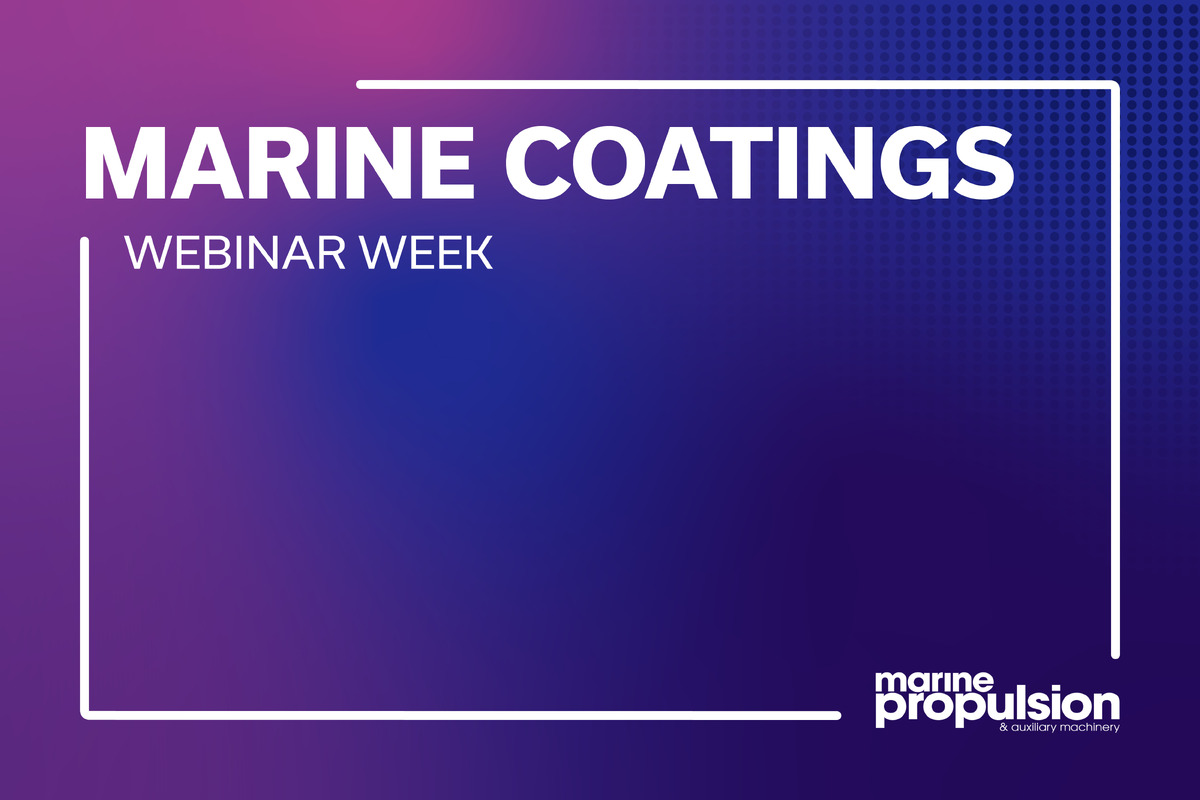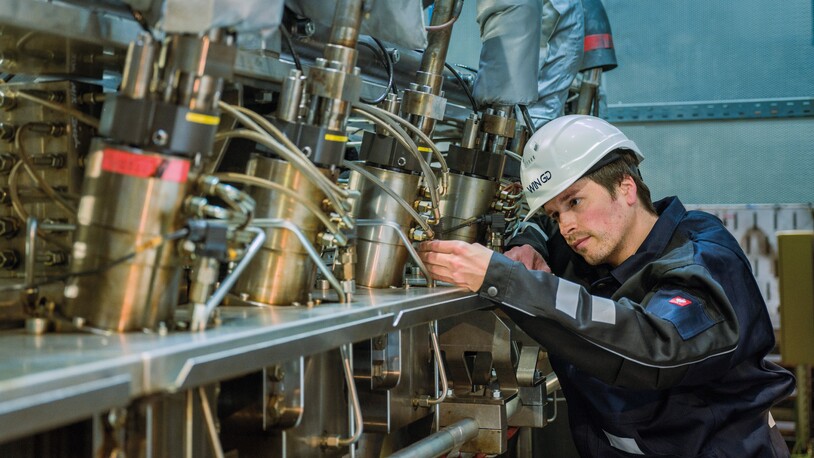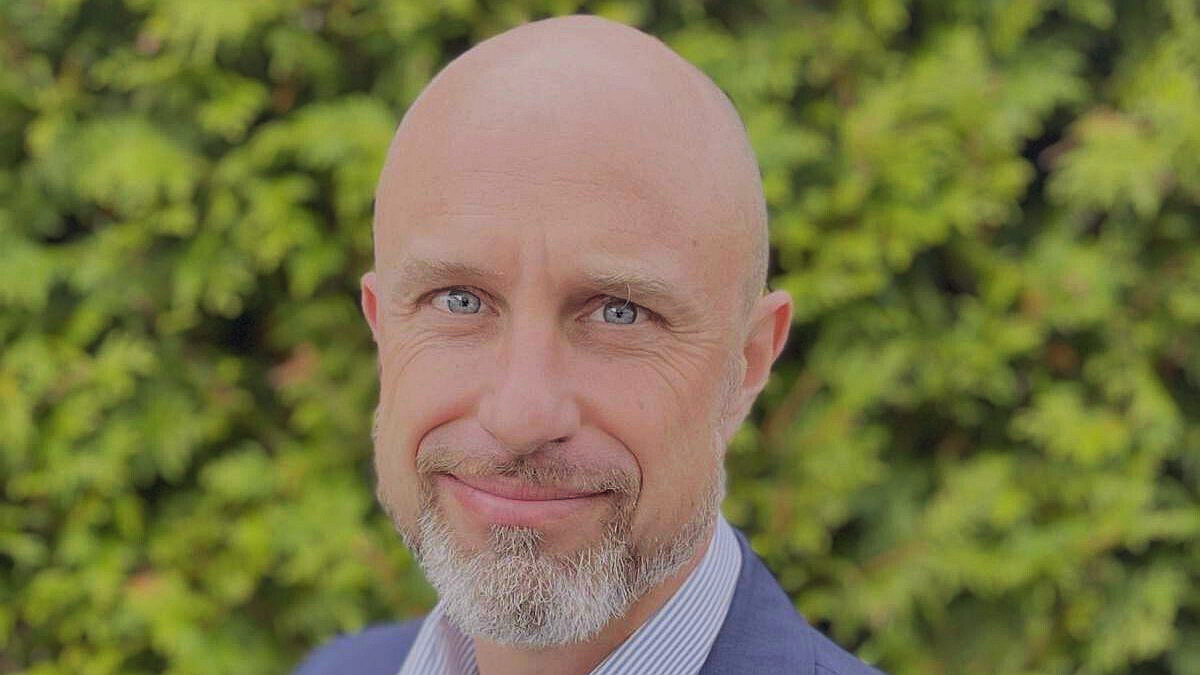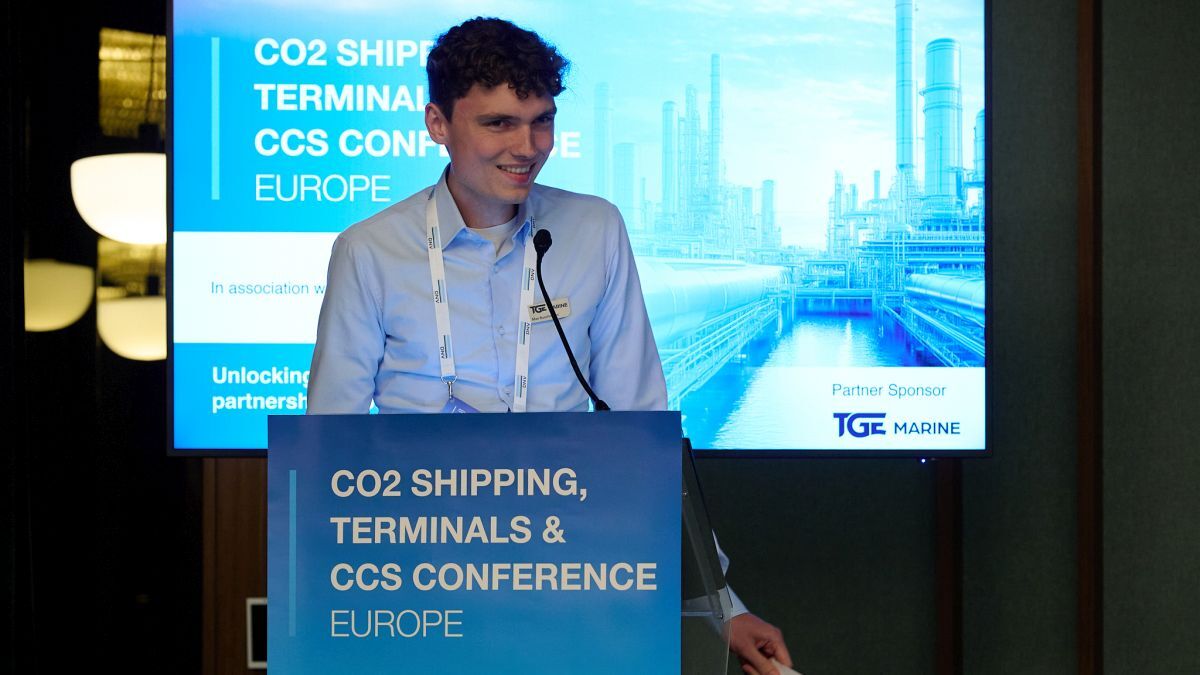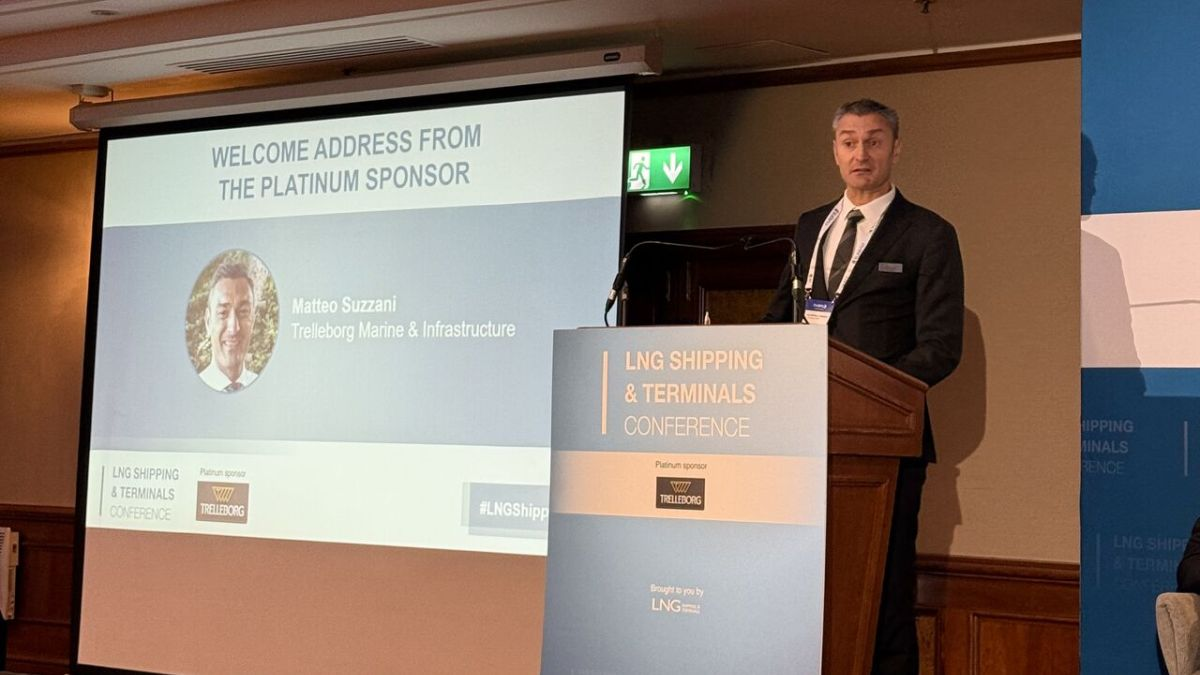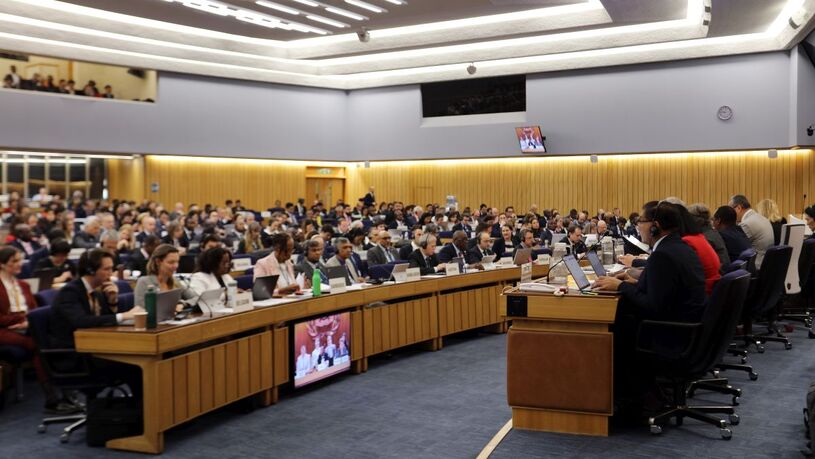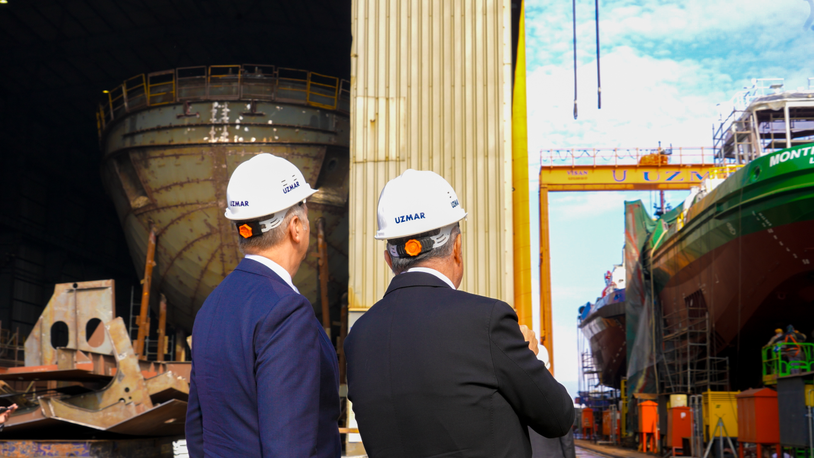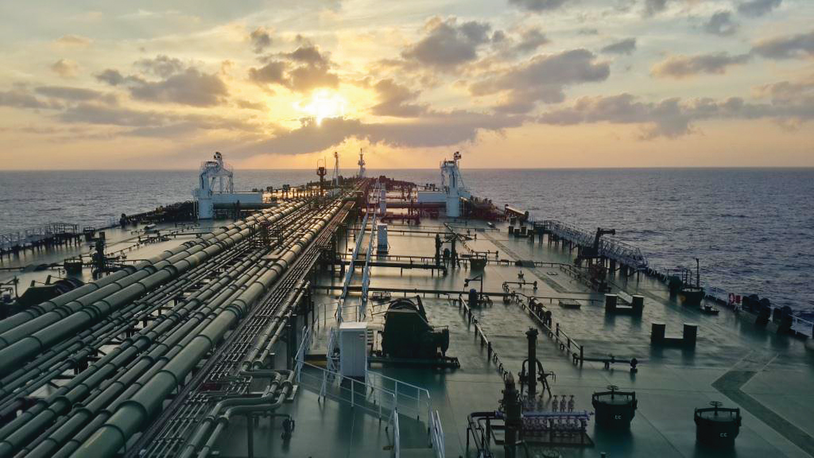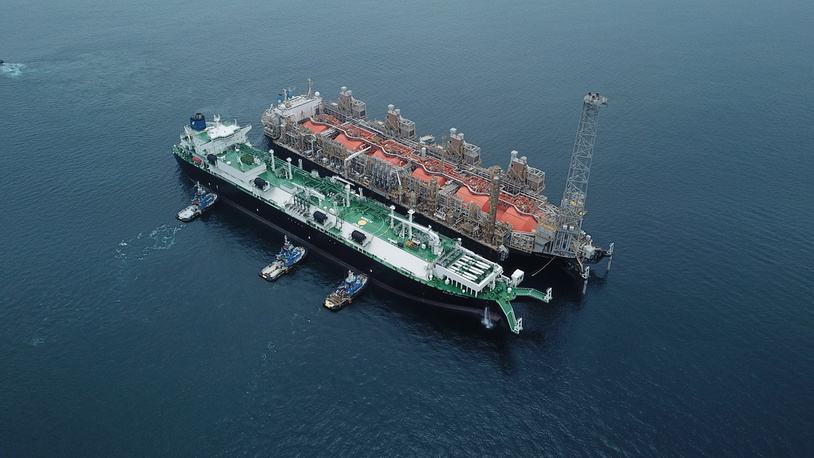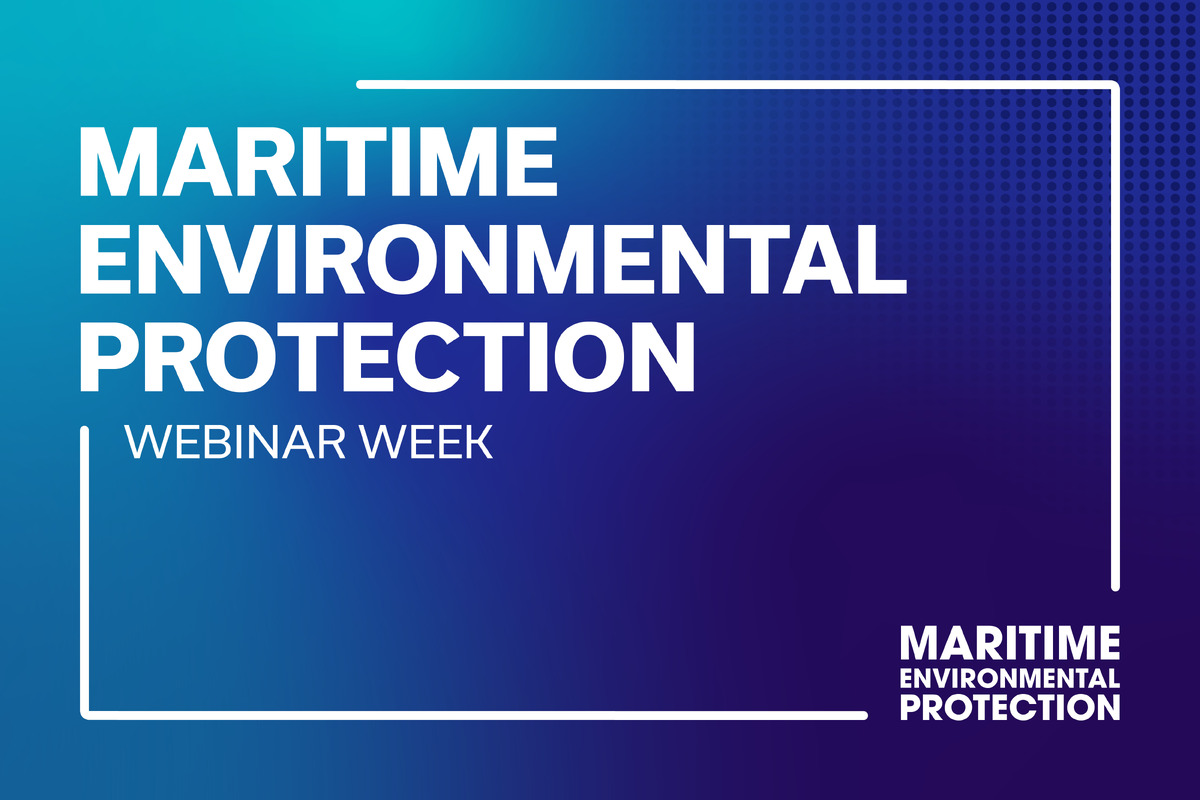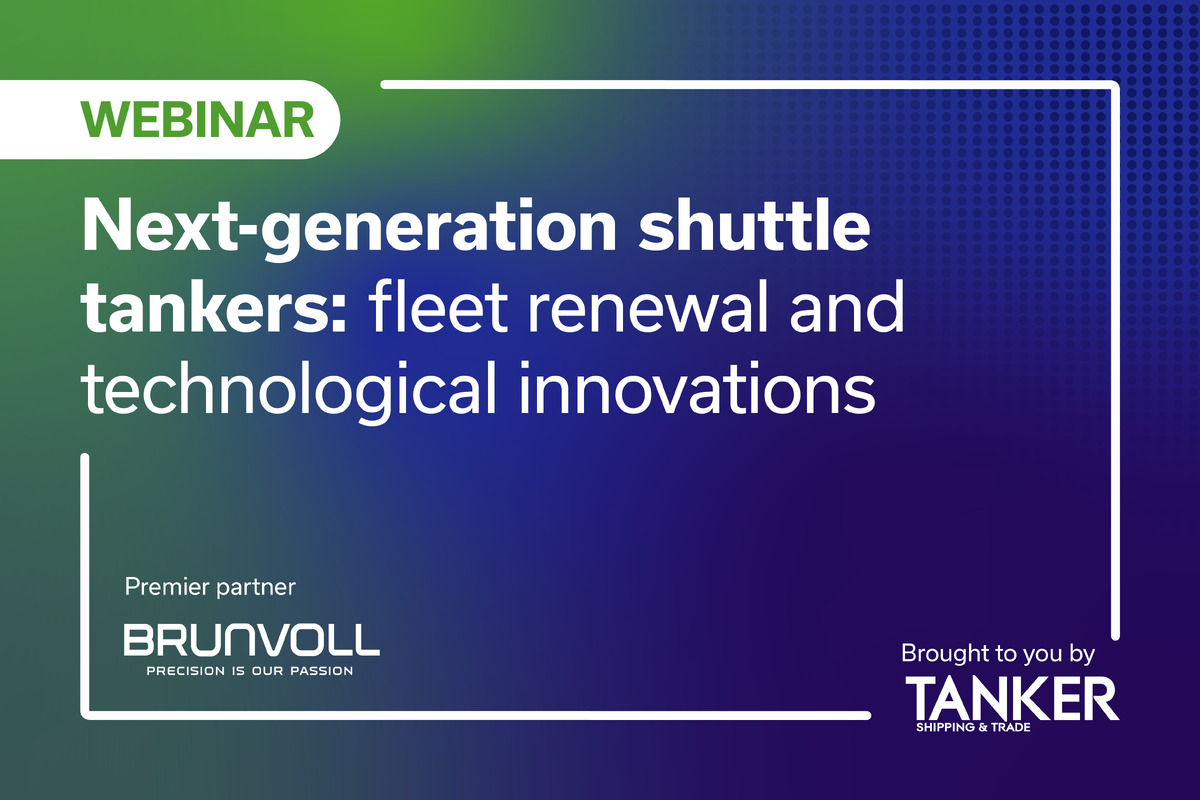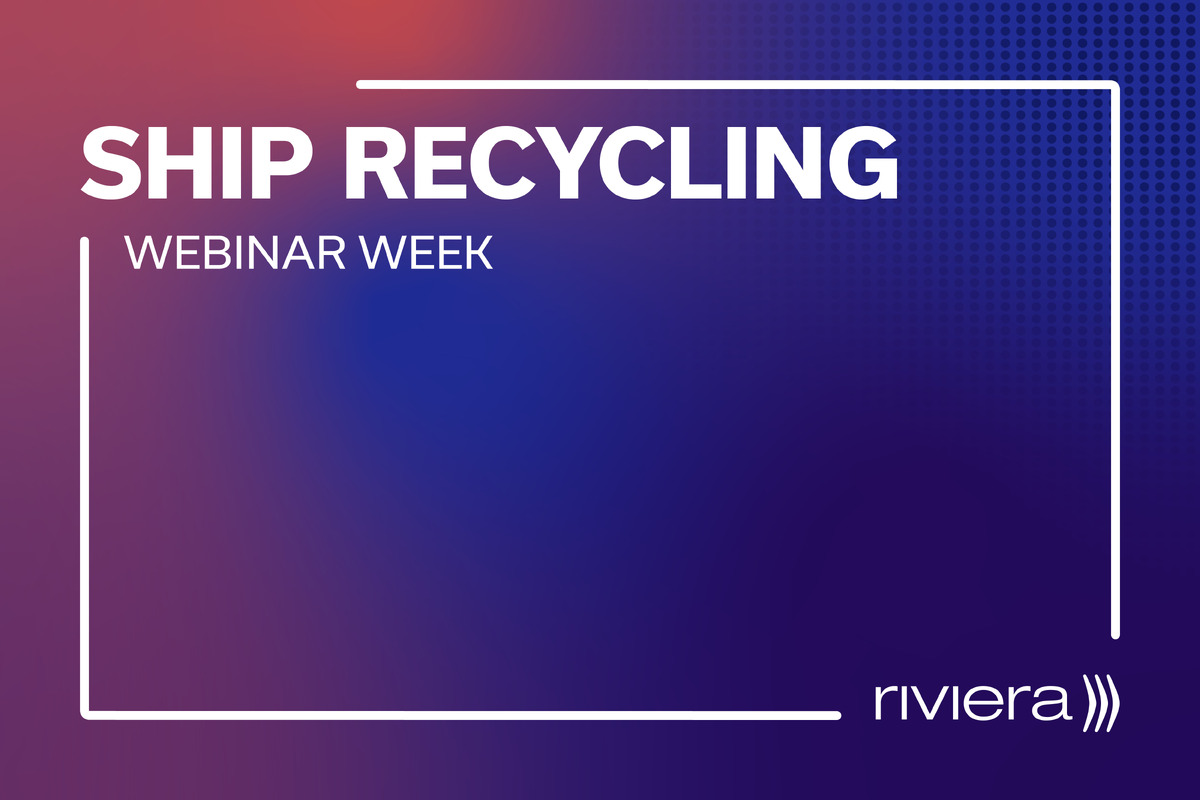Business Sectors
Events
Marine Coatings Webinar Week
Contents
Register to read more articles.
Pioneering sustainability: Sirius Rederi's visionary partnership with Kongsberg Maritime
Kongsberg Maritime has secured a contract to provide the design, engineering and equipment for two cutting-edge MGO/biofuel and methanol-ready chemical tankers for Sirius Rederi
This is a transformative decarbonisation collaboration between Swedish tanker operator Sirius Rederi and Kongsberg Maritime, explained maritime industry veterans Per Egil Vedlog and Rune Ekornesvåg, both with 40 years of experience, who shared insights into Kongsberg Maritime’s vision and ongoing efforts.
Kongsberg Maritime sees a growing demand for sustainable technologies in shipping, aiming for fossil fuel-free solutions. Exploring future fuel types such as methanol, ammonia and biofuels, with a specific focus on long-range vessels, is part of the strategic approach.
These vessels, part of the Evolution 15K series, not only exemplify the commitment to low-emissions technologies but also mark a significant stride towards sustainability.
This collaboration builds on the success of a nine-ship programme with fellow Swedish owner Terntank, showcasing the scalability and effectiveness of the design and equipment package.
All 11 vessels, destined for a greener future, will be constructed at China Merchants Jinling Shipyard (Yangzhou) Dingheng, with the first vessel scheduled for delivery in July 2026.
As part of the Nkr100.0M (US$9.5M) contract, Kongsberg Maritime will supply a comprehensive suite of equipment, including steering gear, Promas with flap rudder and CPP, tunnel thruster with Mcon thruster control system, K-Chief integrated automation systems, AutoChief propulsion control system, and deck machinery.
The vessels will feature a state-of-the-art hull design, the NVC 614 CT, characterised by Ice Class 1A efficiency, a wave-piercing bow, and distinctive styling reflecting the Sirius fleet’s signature look.
Kongsberg Maritime sales director ship design Rune Ekornesvåg stated, "This latest contract for our fuel-efficient, low-emissions tanker design confirms the continuing drive by progressive shipowners to adopt sustainable technologies into fleet renewals."
The vessels will be propelled by the efficient Promas propulsion system, delivering fuel consumption savings of more than 6% compared to alternative systems. The ships will also showcase battery-powered hybrid propulsion, offering operational flexibility and reducing environmental impact.
Sirius Rederi managing director Jonas Backman emphasised the vessels’ commitment to sustainability, efficiency, safety and excellent working conditions.
The partnership with Kongsberg Maritime began years ago, focused on developing vessels that align with environmental goals while ensuring a safe and comfortable workplace for the crew. This collaboration has resulted in a contract for two newbuildings, with ambitions for many more as Sirius Rederi charts its ’Pathway to ZERO.’
China Merchants Jinling Shipyard acknowledged the successful journey with Kongsberg Maritime, dating back to signing the first 15,000-dwt LNG dual-fuel chemical tanker contract in 2014. The shipyard highlighted the evolution of designs incorporating energy-saving and low-carbon features, creating advanced vessels that meet the demands of the market and shipowners.
The new vessels are poised to achieve an Energy Efficiency Design Index close to 40% below the 2025 Phase 3 requirements, setting a new benchmark for environmentally conscious shipping.
Revolutionising propulsion: the hybrid system
In an interview, Mr Ekornesvåg discussed Kongsberg Maritime’s perspective on the growing demand for sustainable technologies in the shipping industry. He highlighted a substantial demand driven by the industry’s goal to be fossil-fuel-free, with a focus on developing, combining and implementing new fuels and technologies.
Mr Ekornesvåg delved into the capabilities of the hybrid propulsion system, a breakthrough technology that aligns with the industry’s push for cleaner alternatives.
The system uses a shaft generator as the primary power source, with an energy storage system (ESS) in peak shaving/load smoothing mode during normal service.
Notably, it is anticipated that no auxiliary engines will be required for harbour manoeuvres, as the shaft generator and ESS will provide ample power for entering and leaving harbours.
The ESS, boasting a 420-kWh battery solution, is designed for a power takeout of up to 1,200 kW. It plays a crucial role in operations including ballasting, cargo handling, blackout prevention, and "take me home" operations. In addition, it facilitates emergency rescue operations, even in blackout scenarios.
Continued evolution in tanker design
Addressing the evolution in tanker design, Mr Ekornesvåg outlined the journey that began several years ago. The focus was on finding optimal main parameters and hull form, utilising new technology to reduce energy consumption.
The evolution included introducing LNG, improving propulsion systems with the KM Promas system, integrating hybrid propulsion using shaft generators and batteries, introducing shore power, and advancing to methanol and wind-assisted propulsion with sails.
The integration of digital systems on board further enhances emissions reductions. Kongsberg’s K-Chief and Vessel Insight solutions leverage voyage data, including wind and current predictions, to control the main engine and associated electrical control systems. K-Chief handles critical functions such as power management, auxiliary machinery control, cargo monitoring, and more.
The Vessel Insight vessel-to-cloud infrastructure provides real-time access to vessel-specific dashboards and fleet overview data analysis tools for both crew and onshore operational staff.
Future-proofing sustainability: Kongsberg Maritime’s vision
In response to how Kongsberg Maritime plans to stay ahead of upcoming emissions requirements and continue supporting environmentally friendly operations for Sirius Rederi, Kongsberg Maritime chief designer Mr Vedlog emphasised the commitment to developing new technology. The strategy involves combining proprietary innovations with products from other players in the marine business, ensuring a holistic approach to environmental responsibility.
The Sirius Rederi contract follows the earlier success with Tärntank, where Kongsberg Maritime provided design, engineering, and equipment for three methanol-ready, wind-assisted tankers.
The collaboration showcases Kongsberg Maritime’s position as a front-runner in designing low-emissions, sustainable solutions for the shipping industry.
Kongsberg Maritime has developed an ammonia fuel system, receiving approval in principle from classification societies DNV and Bureau Veritas.
The company is also actively examining hybrid propulsion systems utilising batteries for peak shaving, manoeuvring and emergency operations.
Riviera Maritime Media’s International Chemical and Product Tanker Conference will be held in London, 23 April 2024, click here to register your interest in this industry-leading event
Related to this Story
Events
Marine Coatings Webinar Week
Maritime Environmental Protection Webinar Week
Ship Recycling Webinar Week
© 2024 Riviera Maritime Media Ltd.
